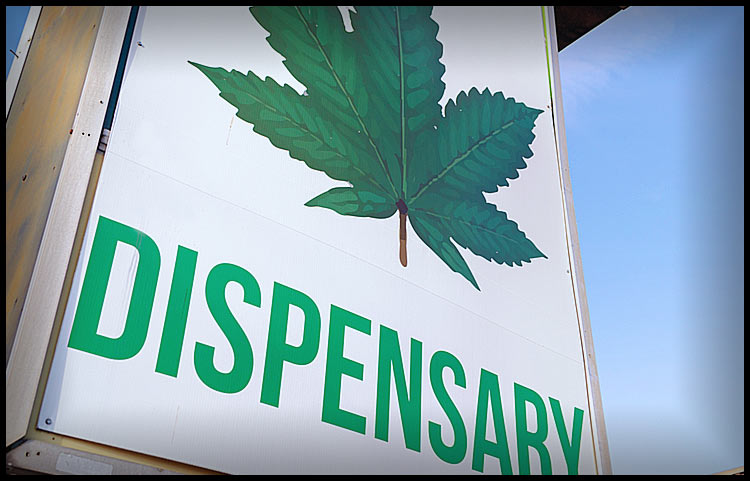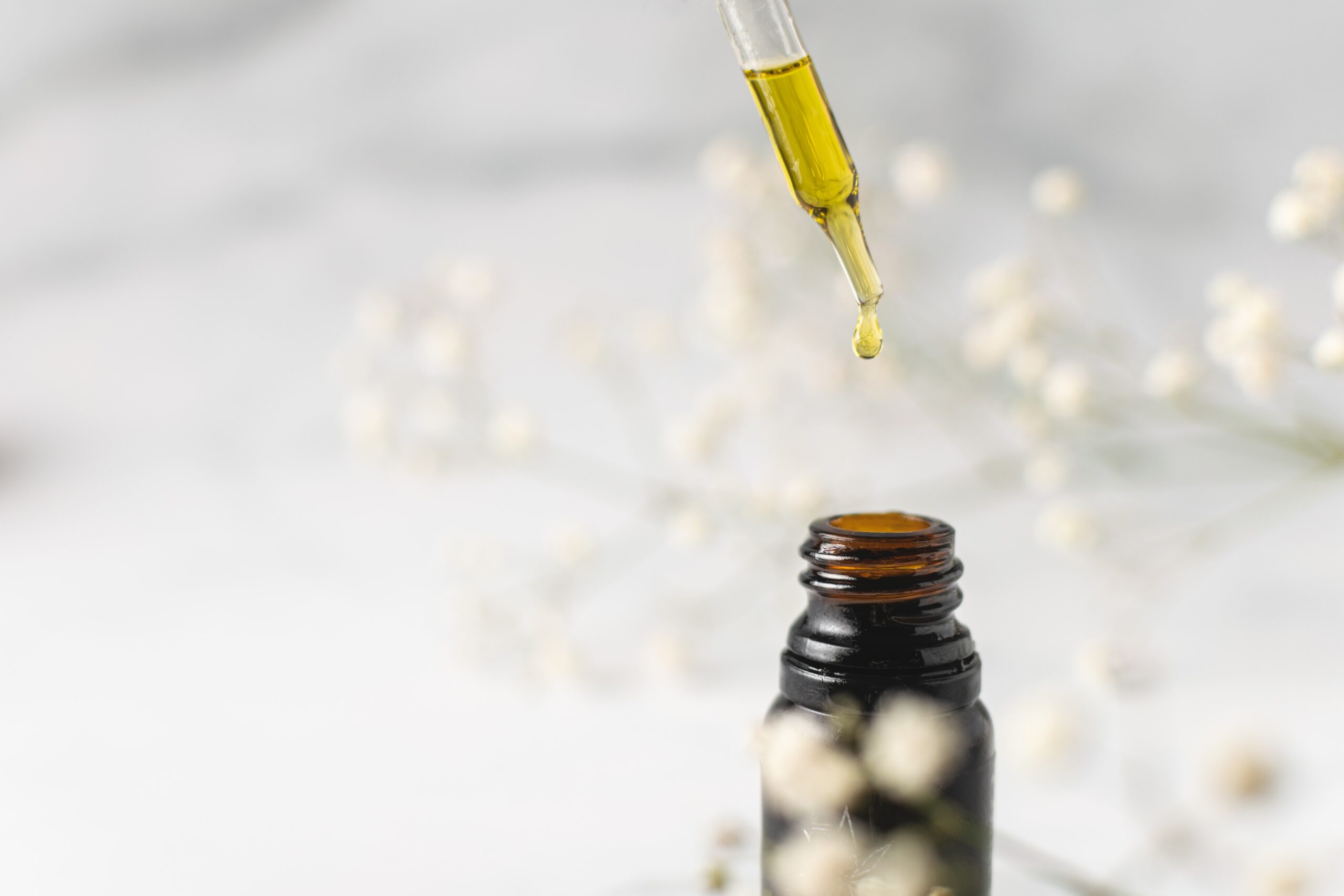Table of Contents [show]
There is no doubt that Illinois, as a State, has made significant strides in recent years when it comes to cannabis policies and procedures. The legalization of both medical and recreational marijuana is largely received well and seen as progress due to its health benefits and mass appeal. As thousands of State natives are free to get an Illinois medical marijuana card, we examine the relationship the Land of Lincoln has with cannabis in society today.

Illinois and the Consumption of CBD from Hemp Oil
Individual States may enact their own laws governing hemp-derived CBD as these products are legal under Federal Law in the United States. This enables Illinois to be as fluid and as dynamic with this legislation as any other State. There are no restrictions in place prohibiting the consumption of CBD from hemp oil in Illinois.
Illinois and the Cultivation of Cannabis
Even for medical marijuana patients and caregivers, personal cultivation of marijuana is illegal in Illinois. There are varying degrees of punishment, all of which are strict and clear under State law. A maximum fine of up to $100,000 and a minimum mandatory sentence of up to 4 years can be given to anyone cultivating more than 5 plants. If you are caught under the 5 plant cultivation threshold, it results in a 1-year maximum jail sentence.
What the Law says
Since 2014, the cultivation of industrial hemp, for only agricultural or academic research purposes and not personal, was legal in Illinois. New laws lifting these limitations were signed by Gov Rauner in August 2018 when the Industrial Hemp Act (Senate Bill 2298) was passed. Growers licensed through the Department of Agriculture are legally allowed to cultivate and process hemp in Illinois.
Illinois and Medical Marijuana
Illinois has had legal, medical marijuana as of August 2013. The Compassionate Use of Medical Cannabis Pilot Program Act. Public Act 98-0122 allows prescribed users to purchase and use up to 2.5 ounces of marijuana over a 14-day period. Under the law, prescribed patients must source medical cannabis only from a dispensary. There are currently 55 authorized by the Department of Public Health. A caregiver is permitted to pick up medicine for very ill, homebound patients. To qualify, patients must gain a medical marijuana prescription from a doctor who has an undisputed history of medically treating the patient.
Under the “Alternatives to Opioids Act”, or SB 336, medical professionals can authorize medical marijuana for patients qualified for opioids. (Vicodin, OxyContin, and Percocet). This enabled all patients prescribed opioid drugs to register and obtain legal, medical marijuana. This has been in effect since August 2018. Nearly 2,000 people in 2016 alone, died from an opioid OD. This law was designed and pushed through to combat that.
Illinois and Recreational Marijuana
Illinois became the 11th state to legalize recreational marijuana. It began in June 2019. Adults 21 years and above are allowed to possess and purchase up to 1 ounce. Consider that 30 grams of marijuana is a sizable amount and it can be purchased daily. The bill expunges criminal records for any previously convicted persons who had purchased or possessed 30 grams or less. At least 800,000 people, in 2016 alone, had their records cleaned. For many, this is the most remarkable and welcome part of the Bill.
Conclusion – Cannabis and Illinois
As we have explored throughout this post, Illinois’ journey into the world of recreational marijuana has been marked by significant developments and challenges. The legalization has not only altered the social and legal landscape but also had a profound economic impact. From generating substantial tax revenues to creating new job opportunities, the shift towards a more liberal approach to cannabis has shown numerous benefits.
However, it’s important to remember that with these changes come responsibilities. The state must ensure that the industry operates within a safe and regulated framework, prioritizing public health and safety. Additionally, addressing social justice issues related to past marijuana convictions remains a crucial aspect of this transition.
Looking to the future, Illinois can serve as a model for other states considering legalization. By balancing regulation with innovation, and keeping a keen eye on public welfare, Illinois continues to navigate this new terrain. As citizens and policymakers alike adapt to these changes, the story of recreational marijuana in Illinois is far from over, but it’s certainly heading in a promising direction.
More inside Spinfuel:
The Cannabis Business – 4 Tips to Help You Grow and Expand
Why Should You Get Into Hybrid Strains?
CBD and THC – Why CBD Doesn’t Get You High – A 2023 Perspective




